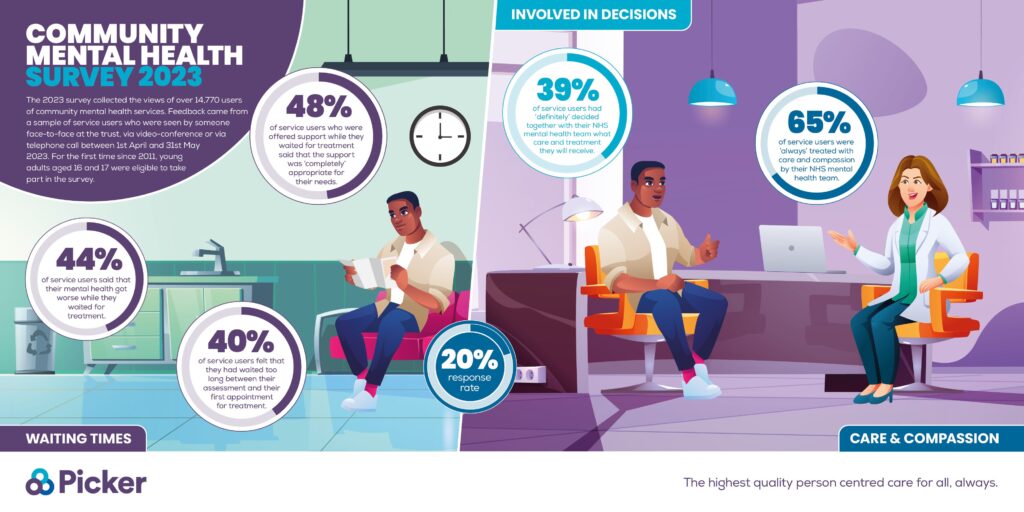Optimisation of care for older patients – deprescribing
Before I worked for Picker, I was involved in research into the care of older patients. We focused on the management of medications and the identification of people who may be at risk of poorer outcomes. Older patients are often taking a large number of medications at the same time due to co-morbidities.
Some medications can have side effects (unintended impacts on health) or can interact with other medications causing problems. For example, medications that thin the blood to reduce the risk of stroke also lower blood pressure, increasing the risk of falling. Thus, a key part of “medications optimisation” (making sure people are getting the best results from their medication) is a review of the medications and an agreement between healthcare professionals and patients (or their carers) as to the medications to be taken.
As the current literature seemed to be aimed at senior clinicians, we conducted the study “Education around medication review and deprescribing” to assess the attitudes and knowledge of junior clinicians. The definition of deprescribing is broader than merely stopping medications; it includes safe reduction and monitoring towards the withdrawal of medications.
Medication review has shown that there is an ever-increasing burden of inappropriate polypharmacy (the use of several medications at the same time). Deprescribing has therefore become important to reduce medication burden and improve quality of life. There are, however, a number of barriers known to impede deprescribing amongst clinicians: lack of knowledge, lack of support, clinical momentum and authority biases. The patients’ concerns about stopping medications can also make them reluctant to make changes.
What was the study?
Final-year pharmacy (54) and medical (117) students at King’s College London took part in the study. It looked at how aware they were of medication review, deprescribing and polypharmacy. By understanding their awareness, we would be able to inform improvement strategies for their courses. With improved education in this area, new clinicians would start their careers with an understanding of how to reduce medication, leading to improved health outcomes for older people.
What did we find?
The terms “medication review” and “polypharmacy” were familiar to students, but only a minority of students (15%) knew the term “deprescribing”. The term “medication review” meant different things to pharmacy students (focused on adherence and patient understanding) and medical students (focused on interactions and whether medications were still indicated as needed). Medical students (79%) were more aware of medication review tools, but had not used them in practice, compared to pharmacy students (50%). The groups differed in their perceptions of who they thought undertook reviews.
Students reported that learning materials in their undergraduate programmes appear to concentrate more on starting medications compared to stopping medications.
Both groups anticipated a lack of confidence in deprescribing without senior support, highlighting the need for alignment between education and professional development. Prompts by juniors have the potential to lead to more medication reviews within existing practice, and may give them invaluable experience in reviewing medications in their future careers as seniors.
How can this be applied to improve care?
Our study recommends medical and pharmaceutical teaching providers review and update the support they provide to newly qualified clinical staff on issues of polypharmacy and deprescribing. Educating students in this area will ensure they have the confidence to start the conversation with their seniors and develop the knowledge to carry out medication reviews themselves as their career progresses.
This study indicates there is an opportunity for patients, pharmacists and doctors to establish a holistic approach to determining which medications are most appropriate. This aligns with one of the eight Picker Principles of Person Centred Care: Involving patients in decisions about their care.

